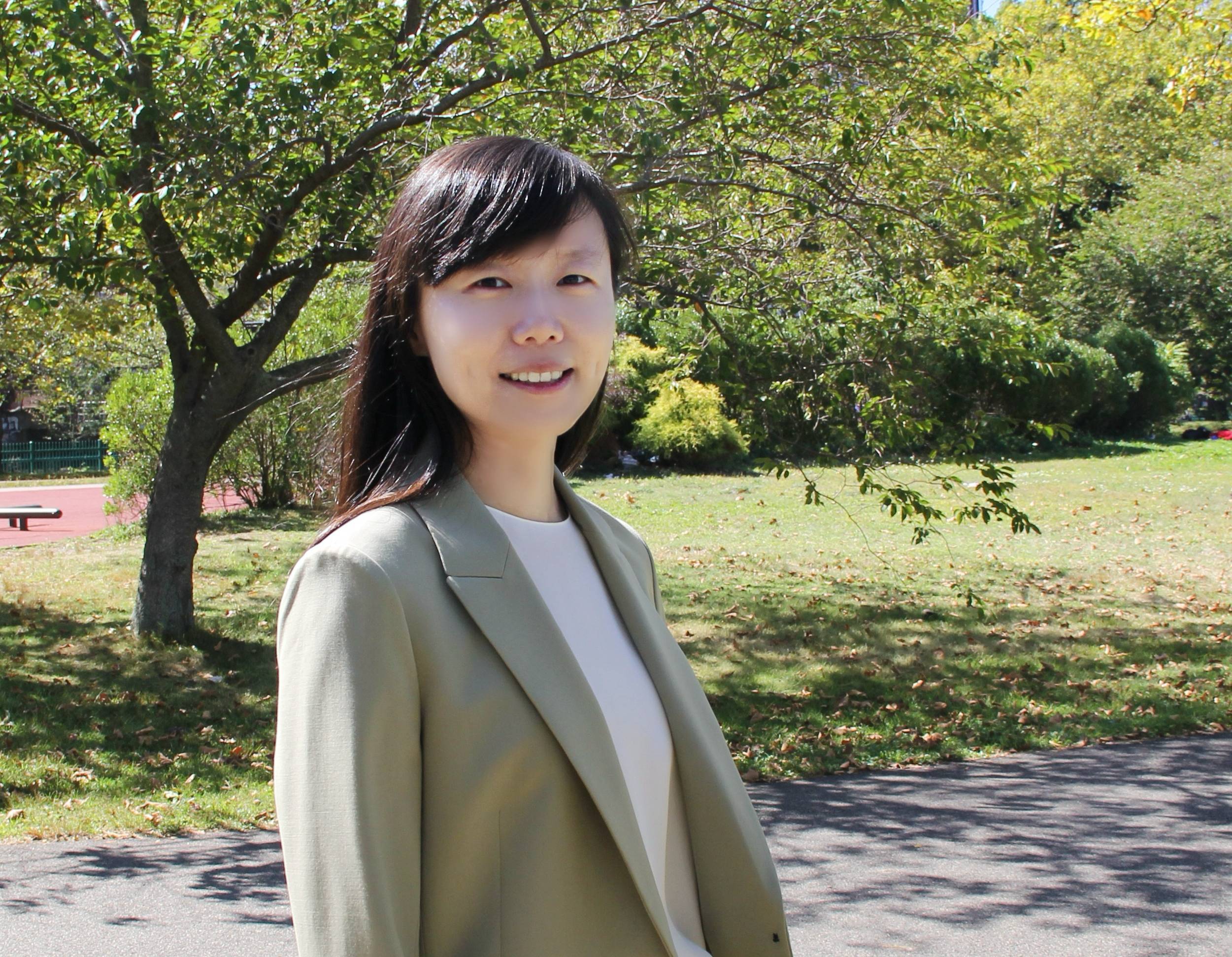Hi, I'm Jiarui! I work on behavioral and experimental economics, development economics and political economy.
I am on the 2025–2026 academic job market.
Job Market Paper
Competing for Its Own Sake: Experimental Evidence on the Welfare Effects of Competition
Abstract |
Paper |
oTree |
Experimental Materials
Economists often view competition as a means to motivate effort, improve efficiency, and therefore enhance welfare.
However, this instrumental perspective may overlook the fact that competition itself can influence individuals’ welfare directly.
This paper investigates how competition affects utility derived solely from the act of competing, independent of material outcomes.
I conduct a series of experiments which show that competition shapes utility through two channels: a belief channel, in which competition lowers expectations of success and reduces utility;
and a preference channel, through which individuals derive enjoyment directly from competing. The overall effect depends on the relative strength of these channels.
I also show that these welfare effects can influence future choices: attribution bias in competitive settings, as it leads individuals to misattribute the enjoyment of competition to the
underlying task and become more willing to engage in the task again. This influence also extends to social interactions, reducing post-competition zero-sum thinking and fostering altruism.
Working Papers
Political Power and Collectivism: The Persistent Impact of Historical Centralized Political Regimes
with Yuting Chen and Liqiang Liu
Abstract |
Paper
Collectivism profoundly influences economic behavior, institutional development, and social interactions.
Yet the role of politics in its emergence has received little attention. This paper identifies a novel determinant of collectivism: exposure to centralized political power.
Our identification strategy exploits variation in county distances to the historical capitals of centralized Chinese dynasties,
using proximity to the dynasties’ initial territorial centroids as an instrument. Drawing on data from the 2005 China census,
we find that individuals residing in counties closer to historical capitals of centralized regimes exhibit a stronger collectivist orientation than their cohort peers in more distant counties within the same province.
This finding is robust to alternative measures of collectivism and exposure to centralized regimes, more conservative inference approaches, and the inclusion of additional covariates.
We further show that the effect differs across regions and between the periods before and after the PRC's establishment in 1949, but not by demographic characteristics such as gender.
Risk Aversion and Costly Information Acquisition: An Experimental Study
with Jiaqi Yang (Draft Coming Soon)
Abstract |
Paper
The explosion of information raises questions about how individuals search for and process information, and the implications of their choices. While backward induction provides the benchmark solution to sequential information search problems,
cognitive constraints and information acquisition costs often lead to myopic search. This paper experimentally evaluates backward induction in a sequential information acquisition task,
comparing the fully rational model and the directed cognition model. Our findings show that risk preferences play a central role in shaping information search paths. Under risk neutrality,
both models account for little of the observed data, with the fully rational model performing slightly better. In contrast, when risk aversion is incorporated,
both models explain more than half of observed behavior, with the directed cognition model providing the superior fit.
These results underscore the importance of risk preferences in models of information acquisition with bounded rationality.
Work in Progress
Pre-doctoral Research
